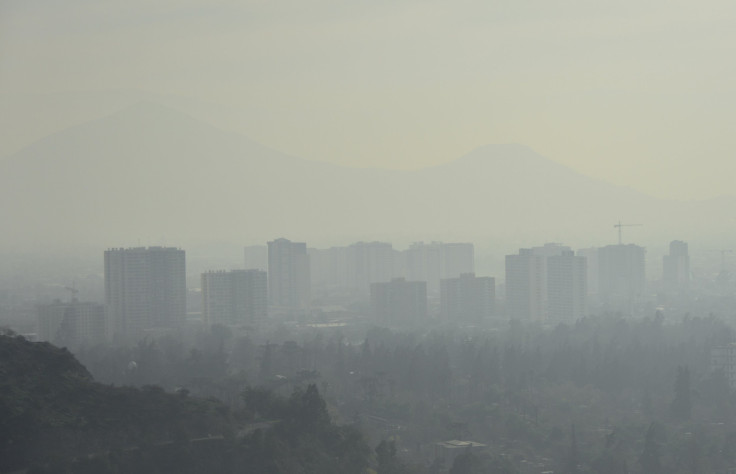Pollution Health Effects: Tougher US Air Quality Standards Could Save Lives, Study Finds

The air you breathe could be killing you. But tougher air quality standards could fix that, research by the American Thoracic Society suggests.
The research found that thousands of lives could be spared if levels of ozone and fine particles were reduced, according to HealthDay News. The study, published in the August edition of the journal Annals of the American Thoracic Society, found that 9,320 lives could be saved each year with adjustments to standards. The study recommended shifting the eight-hour ozone standard to 0.060 parts per million, rather than the U.S. Environmental Protection Agency's (EPA) standard of 0.070 parts per million and making the fine particle annual standard of 11 micrograms per cubic meter, instead of the EPA's 12 microgram standard.
These standards would have further benefits, according to the American Thoracic Society. It would reduce serious health events — like heart attacks and hospital admissions — by 21,400. So-called "adverse impact days," e.g. missing school or work, would drop by 19 million, the study also found.
"While there is information available about counties in the United States that exceed EPA air pollution standards, there has not been a similar source of information about how that air pollution actually affects the health of people living in those areas," said lead study author Kevin Cromar, director of the Air Quality Program at the Marron Institute of Urban Management and professor at the NYU School of Medicine, via Science Daily.
A number of major cities would apparently see a huge impact by change air standards, including Los Angeles (1,341 lives saved per year), New York City (282 lives saved per year) and Pittsburgh (285 lives save per year). Cities worldwide have particularly bad air quality. The World Health Organization released a report in May that found 80 percent of people living in urban areas breathe air that exceeds acceptable levels of pollution.
© Copyright IBTimes 2024. All rights reserved.






















